
The unforgettable memory of Etsegenet Berhe, one of the prominent local business people, dates back to the celebration of the Ethiopian Millennium 11 years ago. He was in Qobo town, northern Ethiopia, working on a new project he had planned in the area when he received a call from his close friend, Se’are Mekonnen (Gen), the now deceased Chief of Staff of the Ethiopian National Defence Force, was in Meqelle at that time.
Etsegenet and Se’are were born in the same town in the northern part of the country but did not develop their friendship until 1996; Etsegenet left to go abroad and Se’are joined a rebel group that fought against the Dergueregime.
In their conversation a decade and more ago, Etsegenet told Se’are that he was in Qobo for his new project. The next day Se’are surprised him by arriving in Qobo to inspire him and show his support.
“This is Se’are,” Etsegenet recalled. “He is always there for his friends and family.”
On June 22, 2019, Etsegenet heard the devastating news while he was on a family vacation in Meqelle, celebrating the end of the school year.
Se’are and his old friend, Ge’zai Abera (Maj. Gen), a retired army general, were shot dead inside Se’are’s residence in Bole District, behind Desalegn Hotel on Cape Verde Street, where they were chatting in the garden of the front yard.
Mesafint Tigabu, a young soldier and team leader of a four-member security detail assigned to protect the army chief of staff, allegedly shot dead both Ge’zai and Se’are.
“It was after 9:00pm when we heard a continuous firing from automatic weapons,” said a retired military member who is currently working as a security guard at one of the diplomatic residences near Se’are’s home. “The unoccupied buildings that are still under construction in the neighbourhood echoed the gunshots, scaring everyone around.”
No one dared to go outside to find out what was going on as everyone was apprehensive about the news that was filtering out of Bahir Dar just a few hours before, according to a security guard in the neighbourhood.
Ambachew Mekonnen (PhD), Ezez Wasse, Migbaru Kebede, Se’are Mekonnen (Gen) and Ge’zai Abera (Maj. Gen).
The incident in Bahir Dar, Amhara Regional State, involved the shooting of the region’s President, Ambachew Mekonnen (PhD), his aide Ezez Wasse, and the region’s Attorney General, Migbaru Kebede, who were in a meeting with four other officials. Ambachew and Ezez were killed instantly on the spot, while Migbaru died at Black Lion Hospital in Addis Abeba of his wounds two days later.
Both federal and regional officials have disclosed that Asamenew Tsegie (Bir Gen), head of the Amhara Regional State Security Bureau, allegedly orchestrated the assassinations of the regional officials. Asamenew was released about a year ago after serving 10 years in prison, convicted of plotting to oust the administration of former Prime Minister Meles Zenawi.
“I called a couple of fellow security guards in our neighbourhood, and they told me none of them ventured out to find out,” he said. “They were following the incident from behind closed gates just like me.”
Everything turned to tragedy after it became clear that Mesafint had allegedly assassinated the two Generals. He was also wounded during the ensuing gun battle with the other members of the security detail. One of the security details shot him in the leg before Mesafint shot himself in the neck in an apparent suicide attempt, according to people who are familiar with the incident. Police reported that Mesafint survived and that he is under medical treatment.
“After the gunfire stopped, we heard people in the compound moaning and calling out the names of the two Generals,” said the guard, “followed by cars coming and going in the area.”
The two Generals then were taken to Washington Hospital, located close to Se’are’s residence, but they were pronounced dead on arrival. Their bodies were taken to Tor Hailoch, the army hospital, and then sent to Meqelle where they were buried last Wednesday.
The government hosted a memorial in their honour at Millenium Hall, attended by President Sahle-work Zewde, Prime Minister Abiy Ahmed (PhD) and Deputy Prime Minister Demeke Mekonnen, alongside government and military officials.
The next day, the Amhara Regional State organised a public funeral ceremony for the three regional officials who died in the afternoon attack that took place in Bahir Dar, the regional state capital.
“We were only done with one of the agenda items when the attackers burst into the meeting room and started firing,” said Lake Ayalew, who has now been appointed acting regional president, in an interview with the Amhara Mass Media Agency, the regional broadcaster. “Ambachew and Ezez were dead on the spot.”
Both federal and regional officials have disclosed that Asamenew Tsegie (Bir Gen), head of the Amhara Regional State Security Bureau, allegedly orchestrated the assassinations of the regional officials.
Gunfire exchanges between the attackers and the security details present at the meeting followed, according to Lake.
The incident took the life of a dozen people, including the alleged ringleader Asamenew, who was caught and killed in an area called Zenzelema on the outskirts of Bahir Dar following a gun battle with security forces.
Demeke described the incident as “tragic, cruel and a betrayal.”
“The assassination of the regional leaders who fought for the release of political prisoners by those who were freed as a result of their struggle was a betrayal,” he said. “This is a backward step in the country’s political journey.”
Tigray Regional State also hosted a funeral ceremony for the Generals with Debretsion Gebremicahel (PhD), deputy president of the regional state, attending with family and friends of the deceased Generals and thousands in Meqelle turned out to say their farewell.
“The country has a serious challenge,” said Debretsion during the ceremony. “It has become the centre of killings, the political structure is disordered, and everything is messed up.”
Debretsion also said that with the aim of the democratisation process, the government had released prisoners who violated the law, but the move has backfired and put the country in a serious situation.
“There is too much patience,” he said, “now, we have reached the time that requires serious action.”
Since 2016, the country has been hit by recurrent violence in different parts of the country, which has resulted in the death of many and the imposition of two rounds of states of emergency.
Continuous outbreaks of violence ignited the current change of administration after former Prime Minister Hailemariam Desalgn resigned, opening the door for Prime Minister Abiy Ahmed (PhD) to enter. After Abiy came to office, things seem to have shifted for the better as he has made bold moves as part of political reforms.
Opening up the political space was his major achievement by releasing prisoners who were leaders and members of opposition parties, as well as journalists. He also invited political organisations to be part of the political space in the country, appointed a former opposition party leader who was in exile as the board chairperson of the Election Board; and appointed a prominent lawyer as Chief Justice of the Supreme Court, signalling his intention to reform institutions.
However, the recent tragic incidents, both at the regional and federal levels, have undermined the reforms, according to critics.
Beyond the assassinations of regional high officials and ranking officers, the incidents signal failure of the government in ensuring the rule of law. There are weaknesses in intelligence work, and a growing trend of regional states amassing armed special forces with military-grade weaponry and manpower, according to some experts.
“The prospects for genuine reform is being undermined in large part by the complacency of the elite, costing the country a tremendous amount,” wrote Yared Hailemariam, executive director of the Association for Human Rights in Ethiopia, onEthiopian Observer, a website that publishes opinions and commentaries that focus on Ethiopia.
The current turmoil is caused by multiple causes, according to Yared, who adds that government’s failures in ensuring the rule of law, in its failure to structure its relations with regional states, and allowing regions to establish their own special forces and armed militias have greatly contributed to the turmoil.
“It’s high time for the Abiy administration to do a proper diagnosis of the situation and develop an effective strategy to address the problems in the wake of this turmoil,” recommends Yared.
Up until Friday, a total of 212 suspects were arrested for alleged involvement in what the government has described as a “coup attempt” in the Amhara Regional State, while 43 more were detained on suspicion of involvement in the incident in Addis Abeba, according to the Office of the Prime Minister.
On Thursday evening, June 28, 2019, the Security & Justice Task Force, comprised of members of the National Defence Force, the Attorney General’s Office and the National Intelligence & Security Service, has announced that it has started an investigation to determine whether the twin attacks have connections and were led by the same group.
PUBLISHED ON
Jun 29,2019 [ VOL
20 , NO
1000]
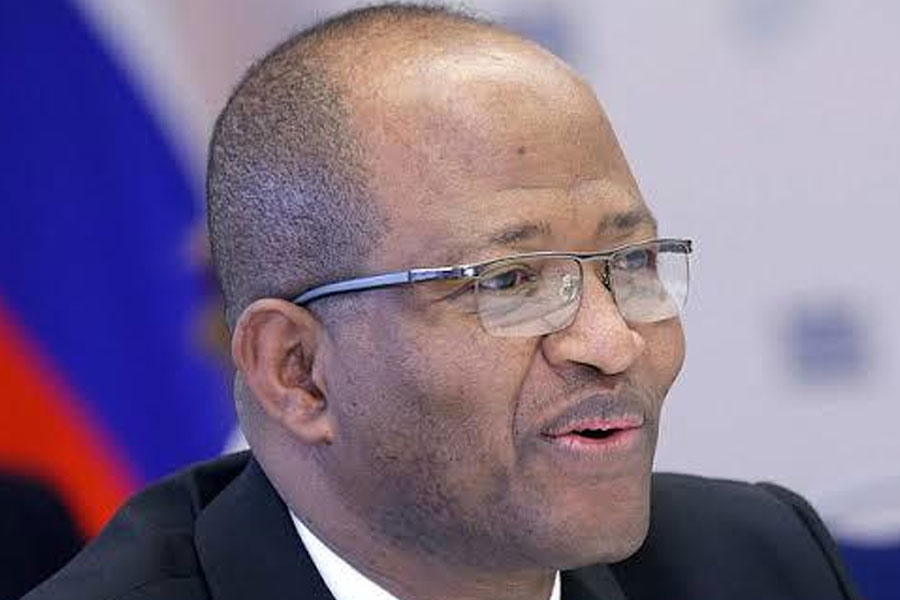
Verbatim | Dec 31,2022
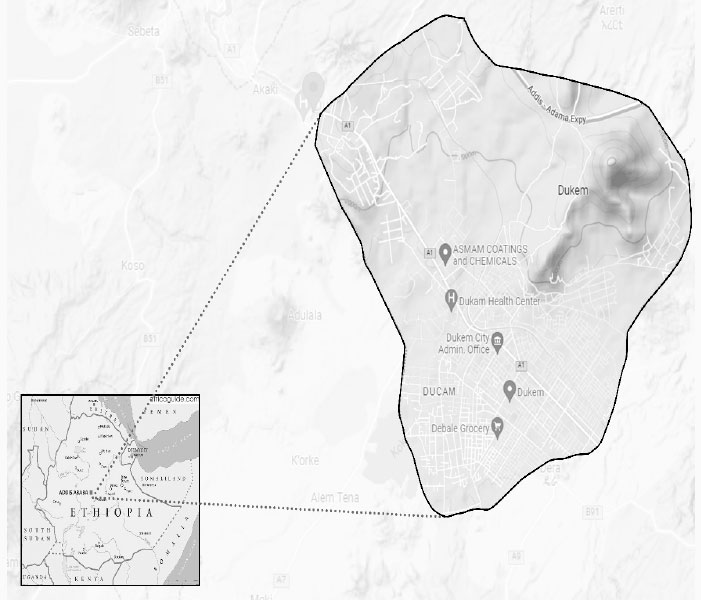
Fortune News | Oct 30,2022

Commentaries | Oct 30,2022

Radar | Oct 02,2023

Radar | Jul 29,2023

Commentaries | Jun 17,2023
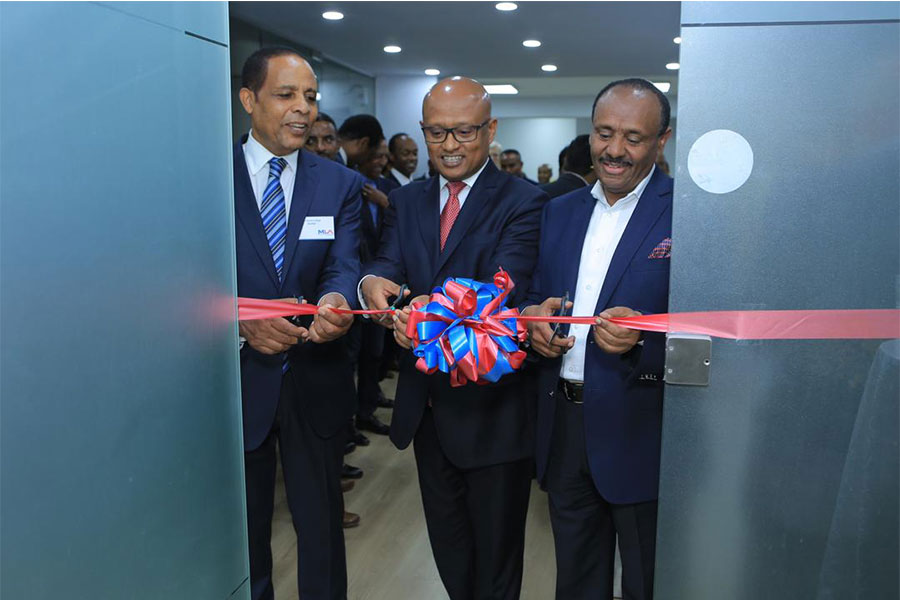
Fortune News | Feb 23,2019

Fortune News | Jul 18,2021
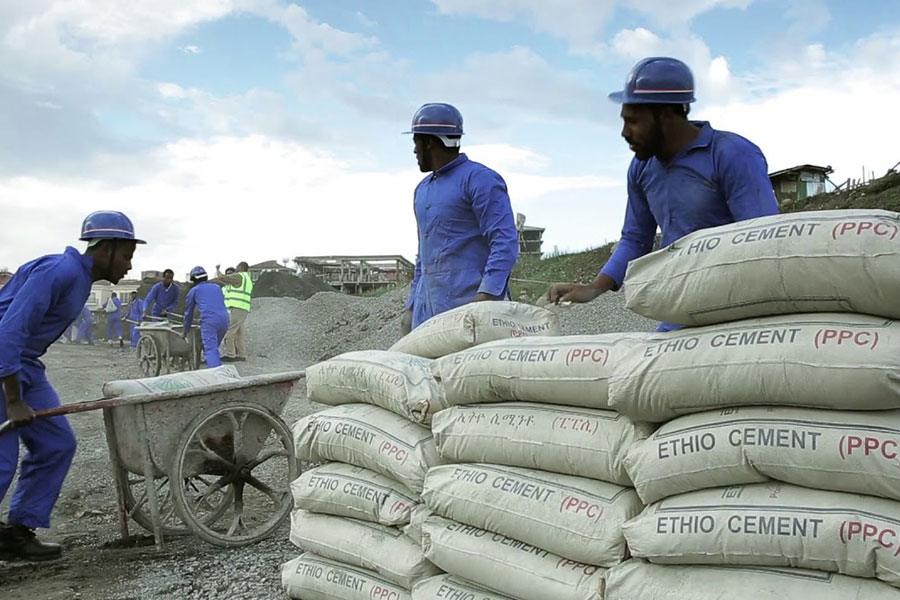
Fortune News | Oct 01,2022
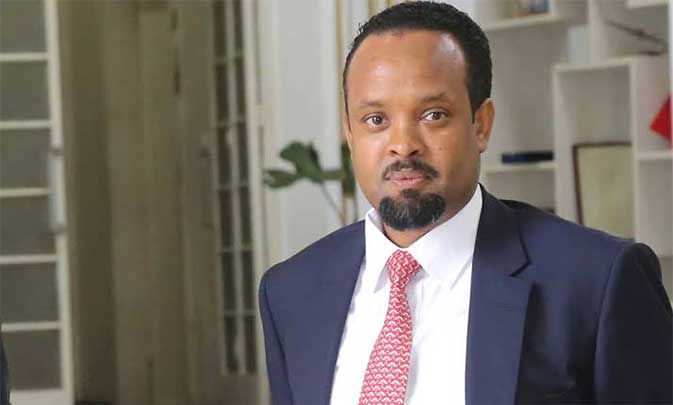

Dec 22 , 2024 . By TIZITA SHEWAFERAW
Charged with transforming colossal state-owned enterprises into modern and competitiv...

Aug 18 , 2024 . By AKSAH ITALO
Although predictable Yonas Zerihun's job in the ride-hailing service is not immune to...

Jul 28 , 2024 . By TIZITA SHEWAFERAW
Unhabitual, perhaps too many, Samuel Gebreyohannes, 38, used to occasionally enjoy a couple of beers at breakfast. However, he recently swit...

Jul 13 , 2024 . By AKSAH ITALO
Investors who rely on tractors, trucks, and field vehicles for commuting, transporting commodities, and f...

Jun 28 , 2025
Meseret Damtie, the assertive auditor general, has never been shy about naming names...

Jun 21 , 2025
A well-worn adage says, “Budget is not destiny, but it is direction.” Examining t...

Jun 14 , 2025
Yet again, the Horn of Africa is bracing for trouble. A region already frayed by wars...

Jun 7 , 2025
Few promises shine brighter in Addis Abeba than the pledge of a roof for every family...